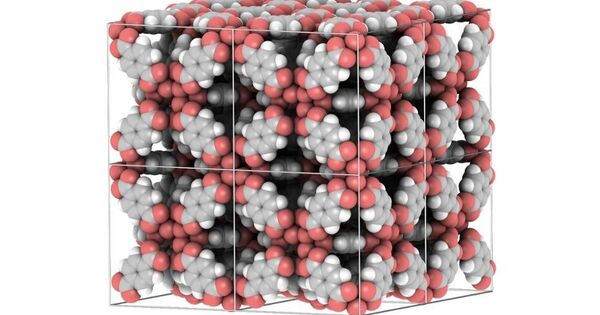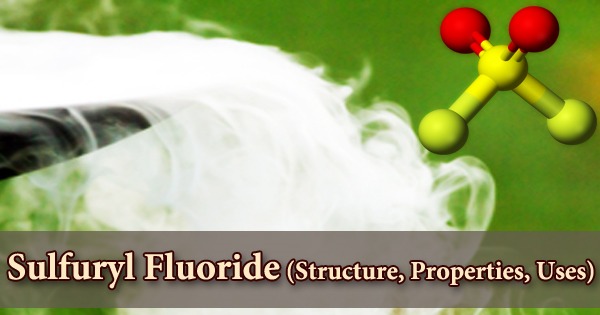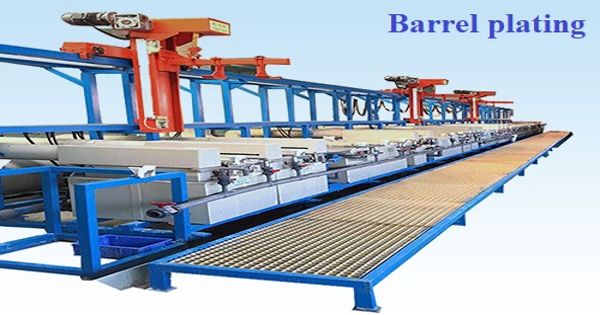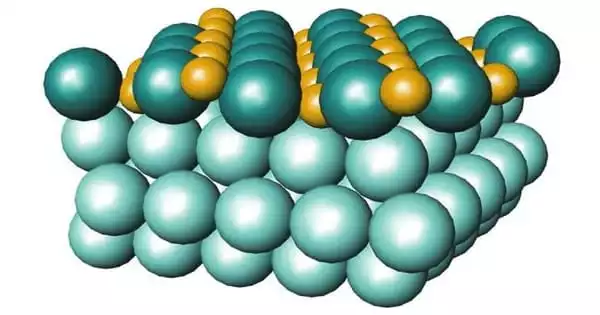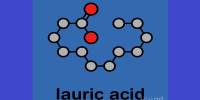Negative thermal expansion (NTE) is a unique physicochemical process in which some materials contract when heated rather than expanding, as most other materials do. It refers to the phenomenon in which a substance compresses rather than expanding when heated. This contradicts the typical behavior of most materials, which expand when heated and contract when cooled (positive thermal expansion).
Water, with temperatures ranging from 0 to 3.98 °C, is the most well-known NTE material. Furthermore, the density of solid water (ice) is smaller than that of liquid water at standard pressure. Water’s NTE is what causes water ice to float rather than sink in liquid water.
Materials that undergo NTE have a wide range of engineering, photonic, electrical, and structural applications. For example, by combining a negative thermal expansion material with a “normal” material that expands when heated, it may be able to employ it as a thermal expansion compensator, allowing for the formation of composites with customized or even close to zero thermal expansion.
NTE can occur through a variety of mechanisms, including lattice vibrations, rigid unit rotation, and phase transition. Zirconium tungstate (ZrW2O8) is a common example of a material with NTE, as it experiences a cubic-to-rhombohedral phase transition when heated, resulting in negative thermal expansion along one or more crystallographic axes.
Applications
NTE materials are useful in a variety of applications, including precision instruments, electronics, and structural materials. One notable application is in composites or devices that need the combination of components with varying thermal expansion coefficients. By adding NTE materials, it is feasible to compensate for other materials’ positive expansion, resulting in increased stability and performance.
Understanding and utilizing NTE features can result in the creation of sophisticated materials with tailored thermal behaviors for specific purposes.
